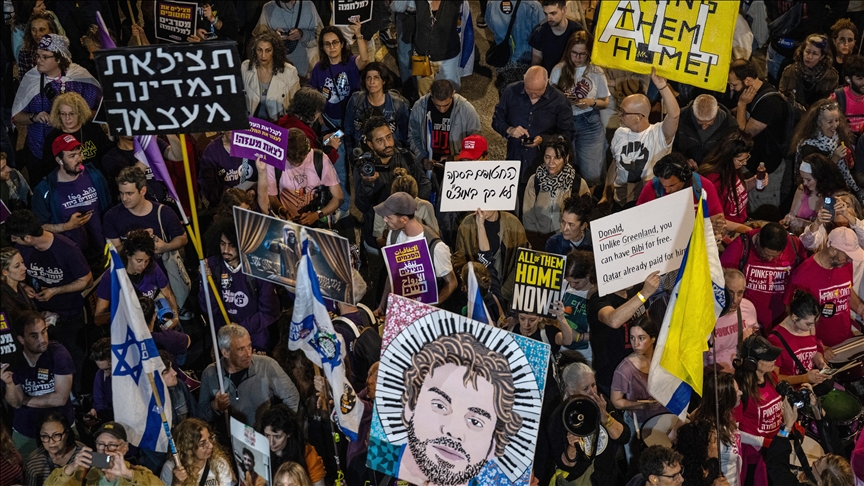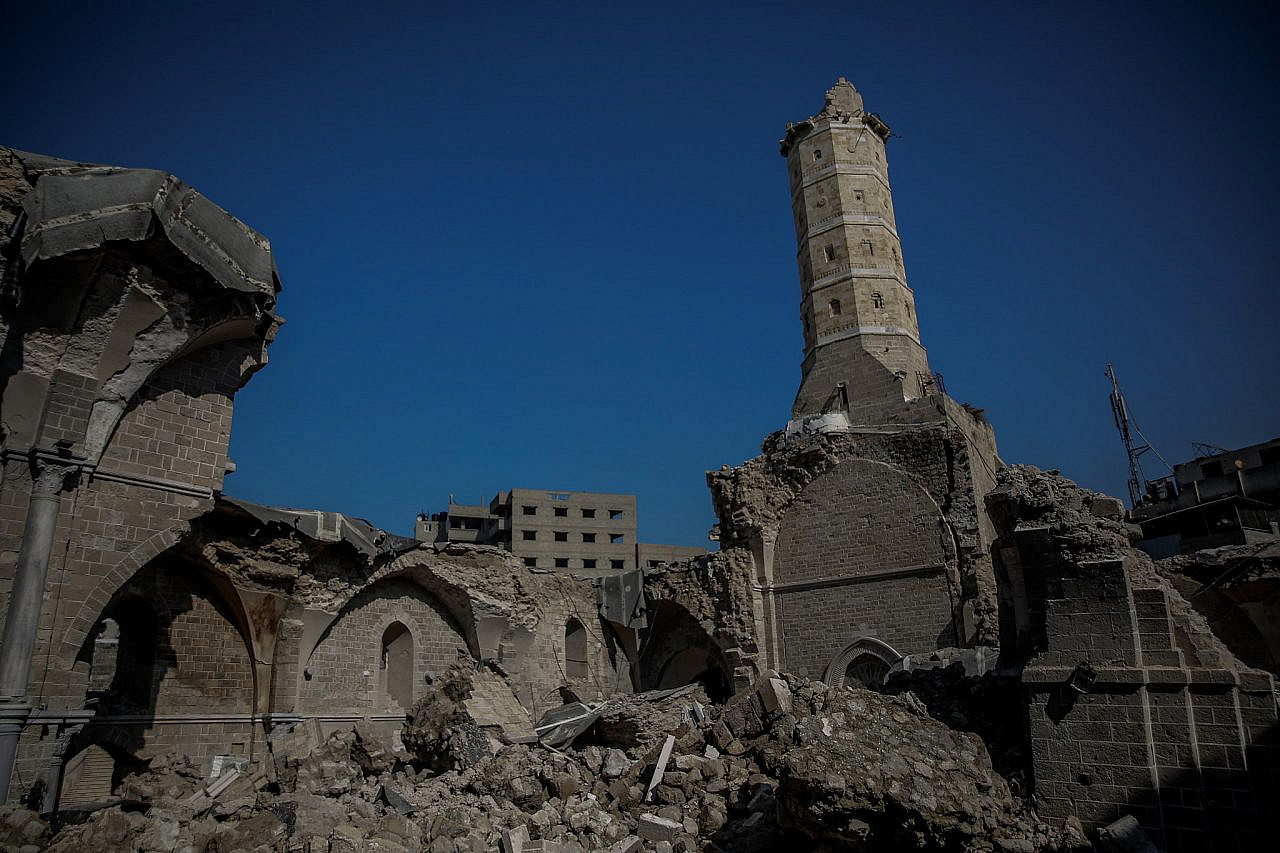
The ongoing genocide on Gaza over the past 11 months have failed to move the Arab Street even one iota. This is an Israeli genocide but the Arab world continues to look on helplessly and hopelessly unable to fathom of what to do to stop it.
Despite the intensity of Israel’s war on the whole of the Gaza Strip since 7 October, 2023, and the consequent daily massacres perpetrated by the Zionist army, literally committed nonstop, the popular streets across the Arab world has largely been dormant, lethargic and ineffective, spectators to a deadly bloody match with vastly unequal partners.
Gone are the days…
People have been glued to their television sets, especially on Al Jazeera, stunned at the annihilation of Gaza by Israeli bombardment and missiles. But they have not been able to do anything except wonder in amazement at the scale of destruction of the Palestinian territory with men, women, children, toddlers, babies and infants standing alone to face the Israeli enemy only to be blown up to pieces.
Gone are the days when popular protest gripped the Arab world to-the-teeth and were a sense of nationalism, dignity, values and pride once held sway. This of course was not always this way.
The pan-Arab street have always been ripe with anger and frustrations and political awareness of right and wrong expressed in almost daily demonstrations right from at least 1956 when Israeli, Britain and France carried their tripartite attack on Egypt at the nationalization of the Suez Canal.
Then countries like Kuwait, Jordan and others took part in the protests against the three-country attack crying foul of neocolonialism and subjugation. But then was the period of the pan-Arab nationalist movement that grew up in Beirut and spread to other Arab cities in the wake of the fall of Palestine in 1948 and the creation of the state of Israel.
No new dawn!
Despite statist policies and autocratic governments popular protests continued across the Arab world sporadically, whether in the 1960s, 1970s, 1980s and 1990s with the central question being Palestine.
This culminated in the Arab Spring of 2011 when there was a new popular push forward and the promise of a new dawn across the region. With the economic squeeze increasing against the Arab masses Palestine was joined by calls for regime change and economic modernization to increase employment and lower the stinging rates of poverty.
Despite the fact that governments were brought down, here and there, starting with Tunisia, Egypt, Yemen and Libya, the Arab Spring – the great popular deluge of protests that was unprecedented in many ways – succumbed to the strong and powerful Arab state, together with its institutions, leaderships, bureaucracy and security apparatuses and military forces.
Whilst Arab governments were at first taken by surprise, they quickly recuperated, gained their power back and dominated the will of the majority and stomped the popular uprisings movement in their tracks; halting regime change there and then.
The popular Arab street may have erupted again in 2019 in particular in Lebanon, Sudan and Algeria but it once again failed in its demands to change the political status quo and reflected the dichotomies of awkward change. There was regime change in Sudan for instance, but the country degenerated into a civil war up till now with its power elites fighting each other over the seats of government.
Cool reaction
The present Gaza situation, and the Israeli onslaught on its people and resistance, must be understood within this context. The ebbs and flows of the popular street and its failure to change states, regimes and governments – starting from the radicals to the most conservatives – may explain why the present pan-Arab street is reacting in coolly to the present attacks on Gaza and which very quickly turned into a criminal genocide, in deed and practice.
People feel even if they continue to rally, and protests are continuing against the mass bombing of Gaza by countries like Morocco which has established a normalization deal with Israel, they will not be able to stop Israel from its daily war crimes in Gaza mainly because popular movements have limits. And that it is finally it is up to these states to make decision and pressure the United States and Israel to stop the genocide on Gaza.
It’s a strange situation with emotions dampened and cushioned despite the horrific images of babies cut to pieces, children dying in hospitals, women and men crying at loved ones and which have jam-locked the the social media. Growing daily statistics of the dead, buildings bombed, homes ripped apart have become just numbers regurgitated daily by televisions anchors or skimped through in newspapers and websites.
In this onslaught on Gaza, the apathy of the Arab street has reached a very low point – to the nadir because people are in a whirlpool of helplessness. They tried before and they failed and now these people have long become divided between poor and rich states in the Middle East region where consumerism and the high life has taken the better of them and where ideologies and nationalism are reduced to second place and where religion is interpreted differently.
This time around, the “popular world” erupted for Gaza, in Europe, across America, including in US university campuses and elsewhere like Japan, demonstrating time and again, against the genocide, but sadly this has not been the case in the Arab world.
Later on sociologists, anthropologists and political scientists would need to explain what happened this time around – almost total Arab silence against the Gaza genocide, why!







